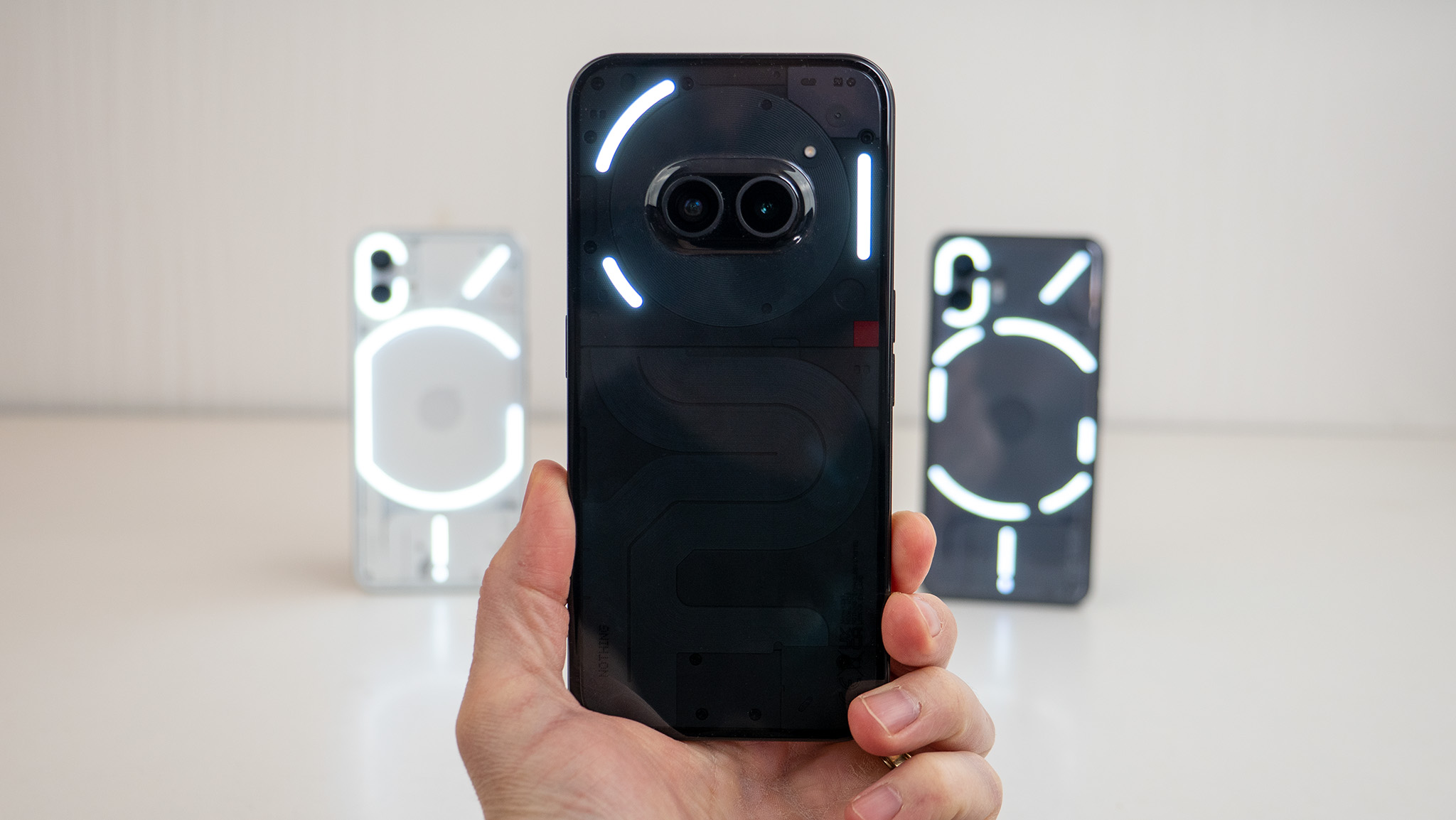
The Nothing Phone (2a) is a budget powerhouse. Starting at $349/£319/€329/₹23,999, this phone is available in several countries in the EMEA region of the world and attempts to help spread the word of Nothing's unique design, including a "glyph interface" of special LED lights on the back.
A week ago, we asked you what you thought about the phone and if you had any lingering questions after our Nothing Phone (2a) hands-on went live. Turns out, our readers are plenty curious about what could possibly be the new best budget phone of 2024.
We've collected all the questions you asked on our social media channels and compiled them here for easy reference. Here's everything you wanted to know about the Nothing Phone (2a)!
What are the specs and release date?
The Nothing Phone (2a) is publicly available from March 12 "in most global markets," according to Nothing. The phone's price starts at $349/£319/€329/₹23,999, but U.S. customers will have to sign up for the developer program in order to buy one.
As for specs, the processor and plastic build make this one decidedly mid-range. Still, the camera, display, and IP54 water and dust-resistance rating elevate it over some similarly-priced midrange Android phones. Here's the full spec sheet.
Does it work on T-Mobile?
Juan Carlos on Facebook was wondering if this would be a good choice on T-Mobile.
I've been using the phone on T-Mobile's 5G network (with 5G connectivity) in the U.S. for over a week and haven't noticed any coverage issues, so this one is good to go if you're interested.
How large is the system file size?
Thanks to Rahul on Facebook for this question!
The system partition size on the Nothing Phone (2a) sits at 18GB. Nothing Phone (2a) comes with Android 14 out of the box.
After installing all of my usual apps and using the phone for a week, I still have 206GB free. This measurement is entirely subjective, but I thought it was plenty of storage for my personal needs.
How's the performance of the Dimensity 7200 Pro?
Several readers were concerned about the performance of the MediaTek Dimensity 7200 Pro processor inside, especially compared to Snapdragon processors. Since Nothing thought it made sense to compare it to the original Nothing Phone 1 and list it as an upgrade, I'll use that for comparison.
The Nothing Phone 1 shipped with a Qualcomm Snapdragon 778G processor, which put it in an upper mid-range performance profile at launch. Meanwhile, the Nothing Phone 2a uses a MediaTek Dimensity 7200 Pro. While Nothing claimed the Phone 2a performed better than the Phone 1, this is only partially true.
Geekbench 6.2.2 scores help show that the Nothing Phone 2a has a weaker CPU but a stronger GPU than the Nothing Phone 1. Gaming, therefore, is commonly better on Phone 2a, but everyday tasks are smoother on Phone 1.


Case in point, I noticed the 2a would occasionally stutter when opening menus or navigating through apps or pages for the initial load. Most of the time the phone was plenty smooth and I didn't encounter any performance issues, but the occasional stutter reminded me that this was a mid-range chip.
Gaming performance is similarly worse, although not remarkably so when playing most games. More graphic-intense games will, however, reveal the performance gap between the Snapdragon 778G and Dimensity 7200 Pro.
Does the phone throttle performance?
Manav had several questions for us, but he wasn't alone
All phones have to throttle performance over time unless you buy one of the best gaming phones with active cooling. That said, all other phones see a drop in performance when running processing-intensive tasks like gaming.
Using the Burnout Benchmark on the Google Play Store, the Nothing Phone 2a fared quite a bit better than the Google Pixel 7a during the test, but the Nothing Phone 1 did a much better job than both phones.
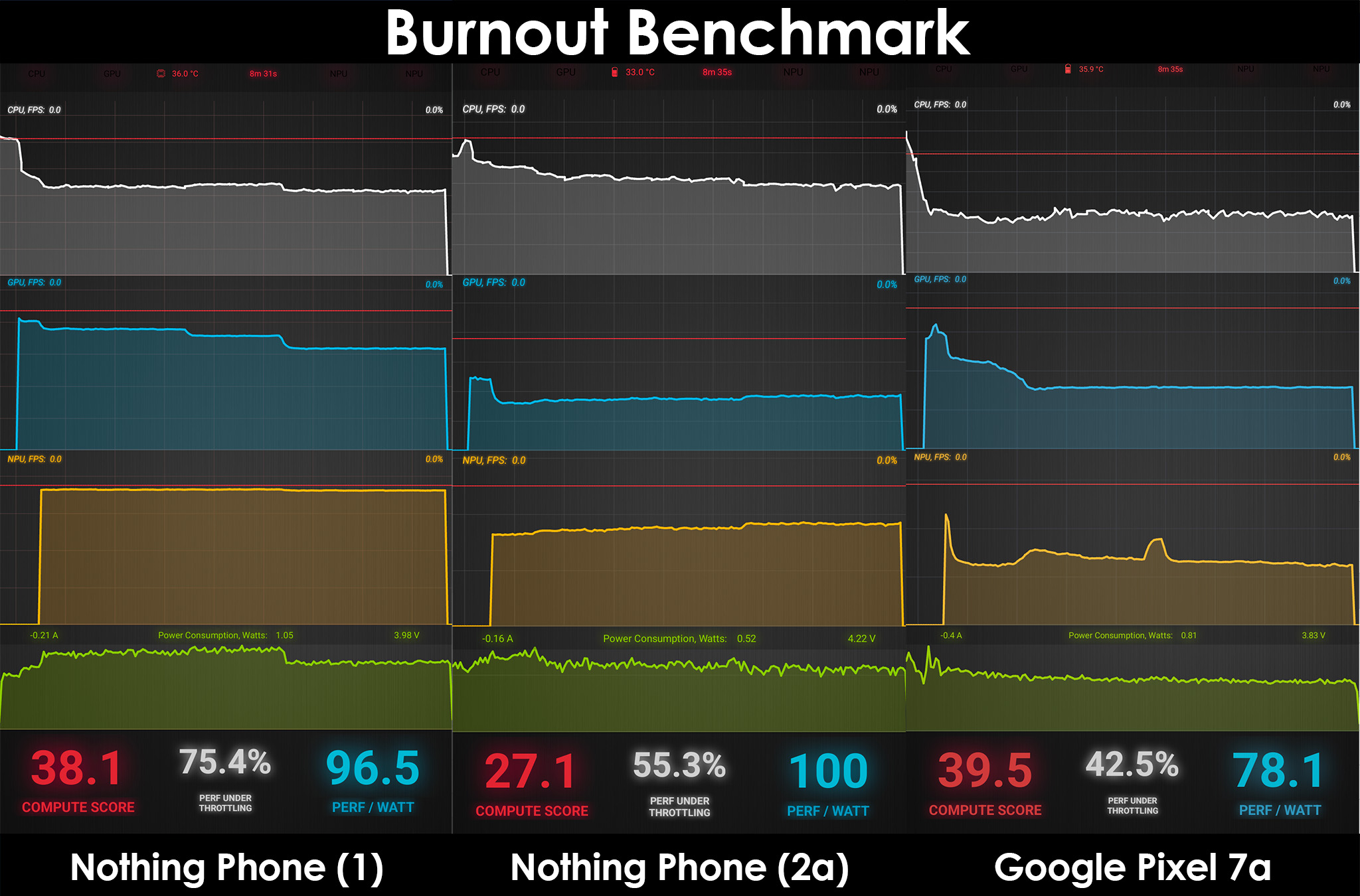
As the scores show, the Nothing Phone 2a's Dimensity 7200 Pro is the most power-efficient chipset, meaning the phone will deliver better battery life for heavy users. However, the ratio of performance-per-watt to throttled performance was in the Nothing Phone 1's favor.
The Pixel 7a scored the best compute score but only just slightly higher than the Nothing Phone 1. As you'll notice from the grey graph in the screenshots above, the Pixel 7a not only throttled the hardest, but it also throttled quickest of the three phones tested.
Is this an upgrade over a Pixel 6a?
The Tensor G1 in the Pixel 6a is roughly 30% faster than the Dimensity 7200 Pro inside the Nothing Phone 2a, but as you can see above, that only matters for a short period of time.
Of course, CPU performance isn't the only metric of the definition of an upgrade, but I wouldn't necessarily consider the Nothing Phone 2a an upgrade over the Pixel depending on your needs.
The display is certainly a lot better than the Pixel 6a's, as it gets much brighter — 1300 nits vs 800 nits — and is far more eye-friendly. It uses DC dimming at higher brightness levels and 2,140Hz PWM dimming below 50%. The Pixel 6a uses 240hz PWM at all brightness levels, which I personally find very uncomfortable.
The Nothing Phone 2a's display also has double the refresh rate of the Pixel 6a, making the phone feel a lot smoother even though the processor isn't as fast. I also noticed that Wi-Fi performance and network signal were stronger on the Nothing Phone 2a versus the Pixel 6a or 7a.
You'll get better battery life from the Nothing Phone 2a, and it charges a lot faster — 18W on the Pixel 6a vs 45W on the Nothing Phone 2a. Neither phone supports wireless charging.
But the Pixel camera will beat the Nothing Phone 2a camera any time of day. The Nothing Phone 2a camera system isn't bad at all, but there's no comparison to the Pixel camera in this price segment.
Is the bootloader unlocked?
No. The Nothing Phone 2a's bootloader is locked.
Does the plastic back scratch easily?
Abhinav on X was concerned about the plastic back, particularly if it scratches easily.
After using it for a week, I haven't found any blemishes on the phone at all. That being said, I was able to easily scratch the corner of the back with a key after I read your question.
Scratches on this phone will likely be less obvious than other plastic phones since this one uses a transparent back plate. If you're worried about it, you can purchase an official case at checkout on the nothing.tech website. Nothing also offers its own insurance plans that cover damage, also available for purchase at checkout on the website.
For me, the most annoying thing about the plastic back is that it's a massive dust magnet. I feel compelled to wipe the phone off every time I take it out of my pocket, and that's quite annoying. On the bright side, plastic makes it a very light phone.
How good is the camera?
Manav astutely wondered if the camera was worth using, and my general answer is that it is. The camera regularly surprised me, and I found that it was a better performer than the Phone 2. It also traded blows with the Pixel 7a in some tests, but I'd say the Pixel 7a has a better overall camera system.
This one sports a main 50MP sensor plus a 50MP ultrawide sensor on the back, so it's a fairly versatile camera. You can zoom to 2x without losing detail, but quality degrades beyond that.
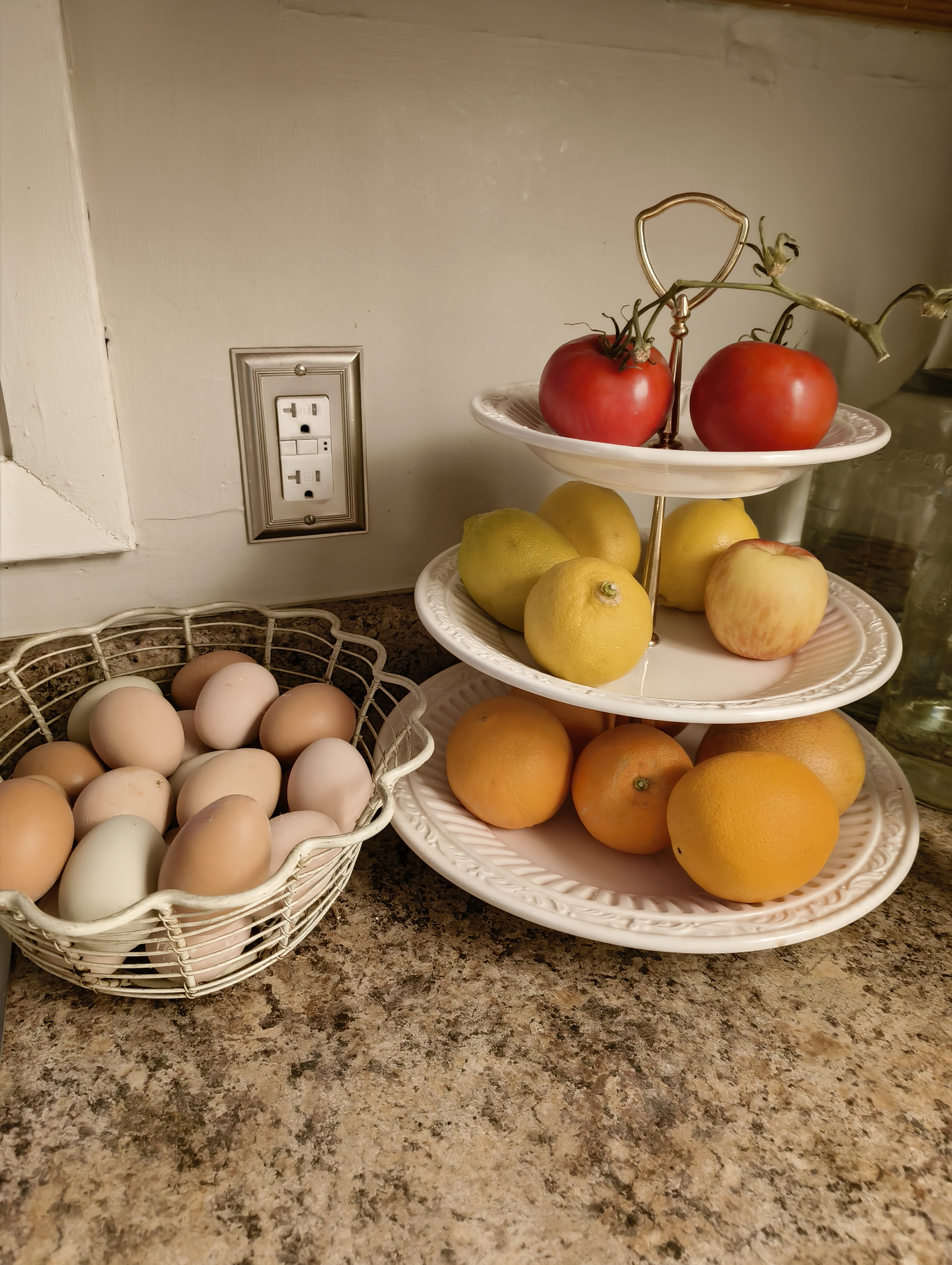
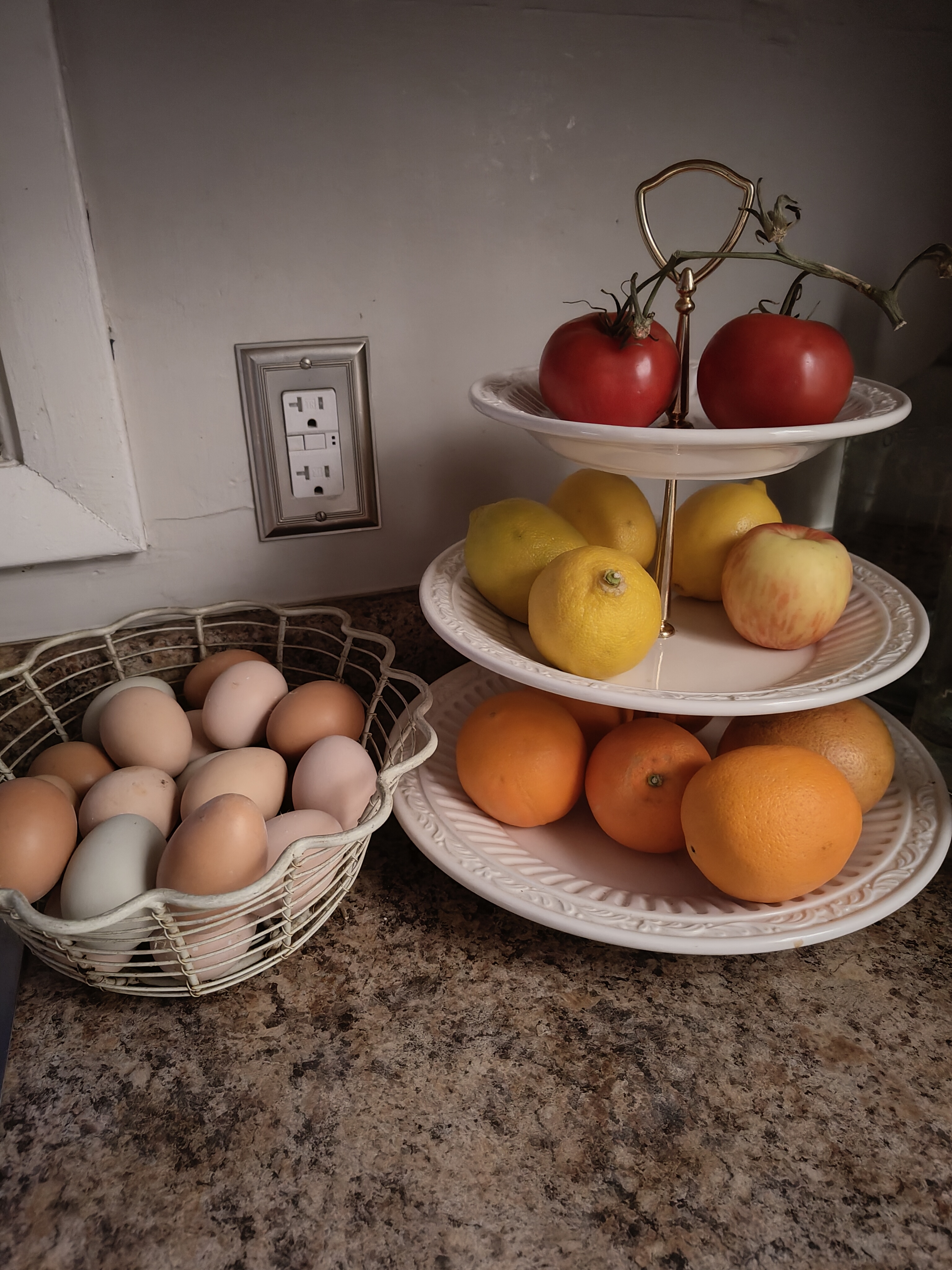


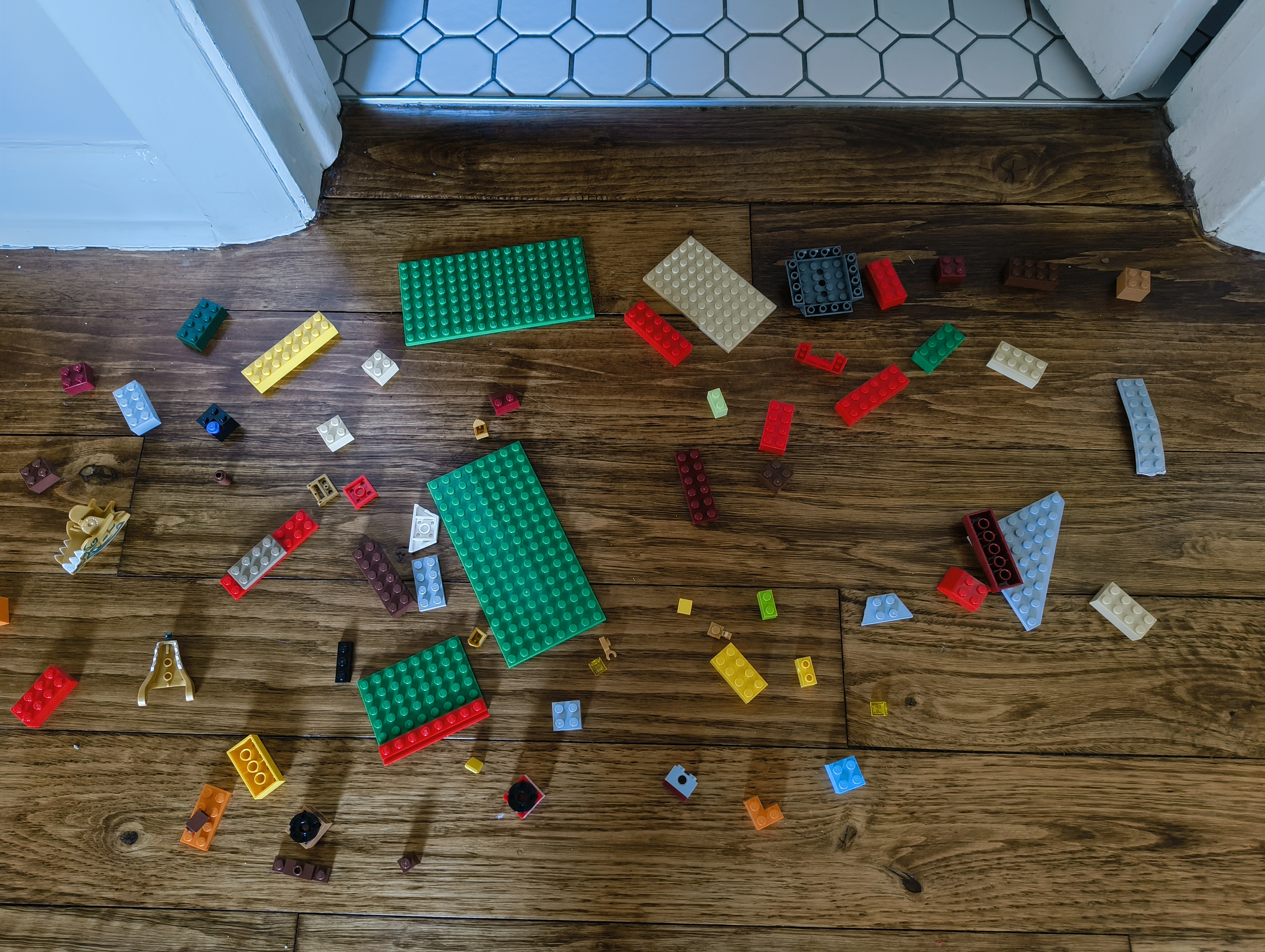
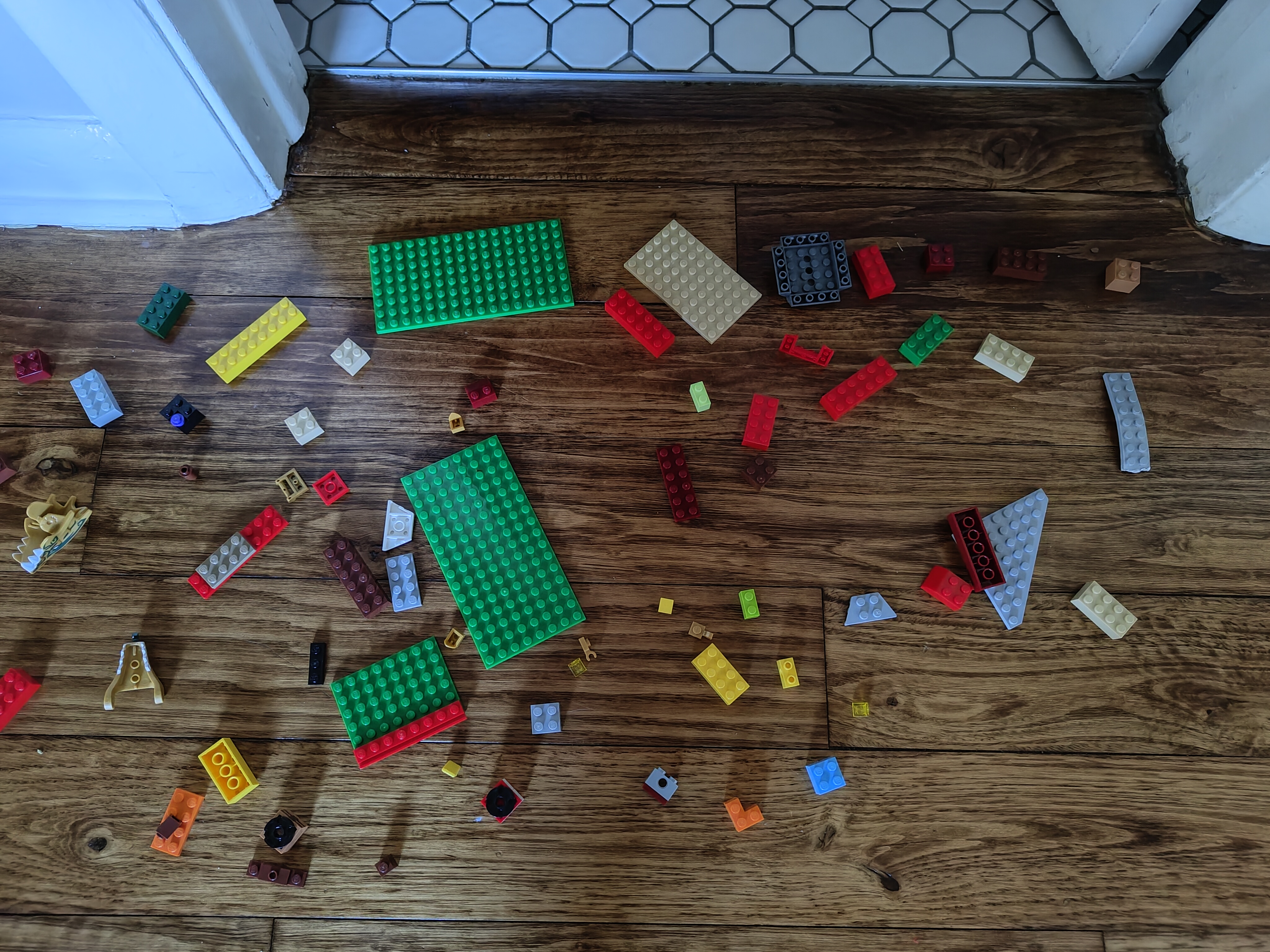





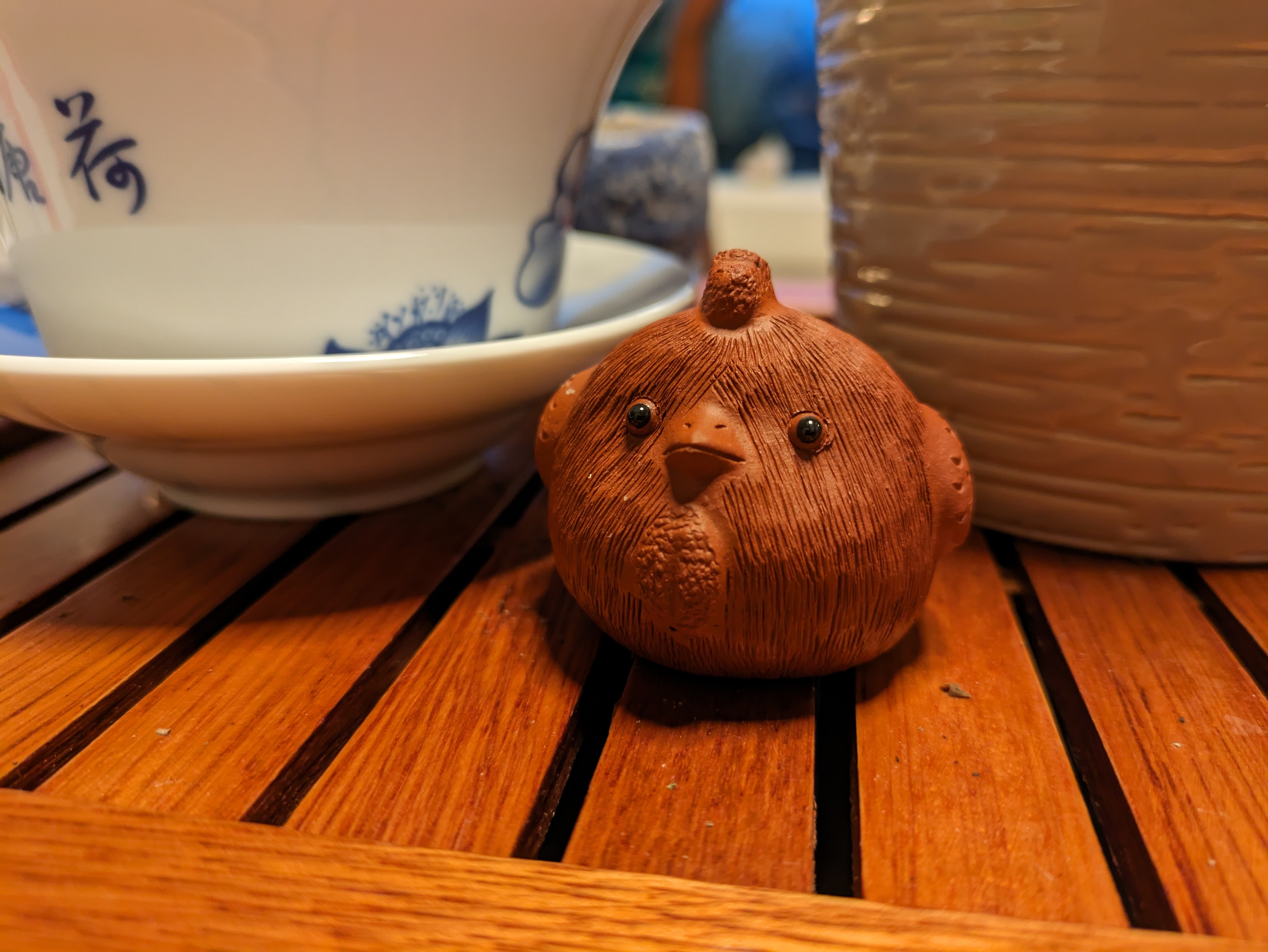


The photos above compare the Nothing Phone 2a, Nothing Phone 2, and Google Pixel 7a. The Nothing Phone 2a's main camera does a better job in low lighting than the Nothing Phone 2 and trades blows with the Pixel 7a in the same conditions.
The ultrawide camera is a little softer than the Pixel 7a. Likewise, the front-facing camera seems to be a tiny bit softer than the Nothing Phone 2. Otherwise, this is an admirable camera and very impressive for a $350 phone.
Full review coming soon
We know you've probably got even more questions about the Nothing Phone (2a), but don't worry! Our full review is coming soon and will cover all the rest of the experience with Nothing's first budget-priced phone.







